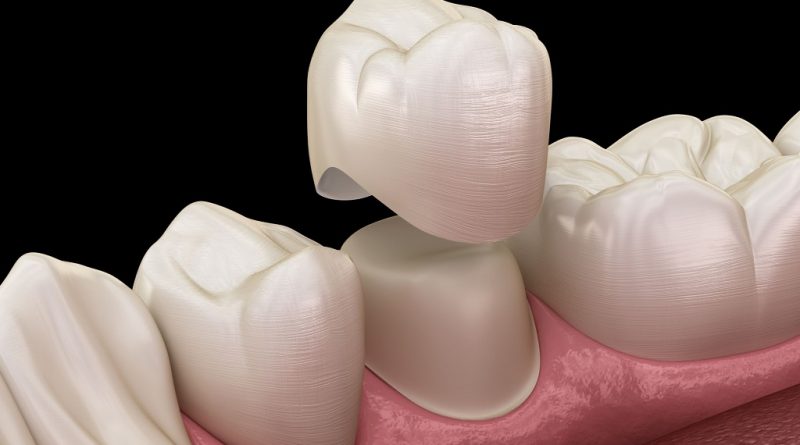Dental Braces: 5 Important Things To Know Before You Get Braces
Braces have become an effective tool for realigning crooked teeth and correcting a misaligned jaw. More and more adults employ them in their quest to improve facial aesthetics, particularly when smiling, as well as improve overall dental health.
If you’re considering getting braces, here are 5 important things you must know.
5 Important Things To Know Before You Get Braces
Use Braces That Work For Your Needs
It is very tempting to follow the next popular thing. Invisalign is currently the type of brace that is trending because they are subtle and barely visible compared to the other metallic braces. However, the fact that something is in vogue and is trendy doesn’t mean it will meet your needs.
Check-in with your needs before you make a brace choice. You wouldn’t want to get a brace that you don’t want.
Check-in With Your Orthodontist
Your orthodontist is an expert in braces, so don’t hesitate to relay discomforts and other concerns to them.
Along with getting braces comes the sore and achy feeling, both in your gum and teeth as they realign. And this pain can be very discomforting and disruptive. While this is completely normal, you might experience cases where your brace separators or brackets fall loose. Situations like these are tagged as emergencies as they affect the progress of your teeth treatment. This would require you to visit an Emergency Orthodontics Denver, CO-based.
The Duration For Braces
Depending on how much realignment needs to be done on your teeth or jaw, dental treatment using braces typically takes around 2 years on average.
You would, however, need to keep the braces on throughout this period regardless of how discomforting they might be.
Make the Most of Your Appointment
Most consultations are free and, as such, it can be very tempting to skip a few of those monthly appointments. These monthly appointments are, however, important as they allow your orthodontist to check in on the progress of your teeth realignment and make adjustments to the brackets and separators where necessary. These adjustments are necessary as they facilitate your teeth realignment process.
Changing Braces
Throughout the treatment process, there would typically be no need to change the braces. Regular visits to your orthodontist would also allow the necessary tightening or loosening of the brackets or wires. As loose or overly tight brackets could slow down if not stop the treatment process.
Braces are a long-term commitment. It is therefore important that you make a brace choice that is right for your needs from the outset. Don’t hesitate to speak with your orthodontist too.




